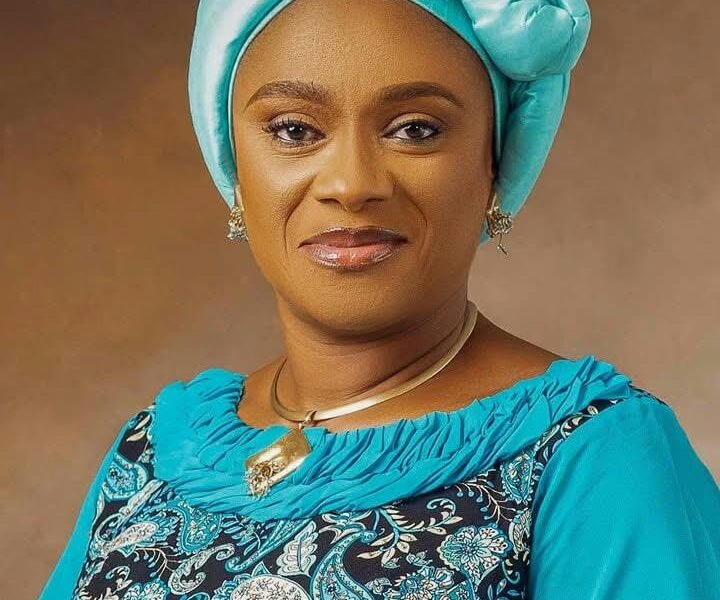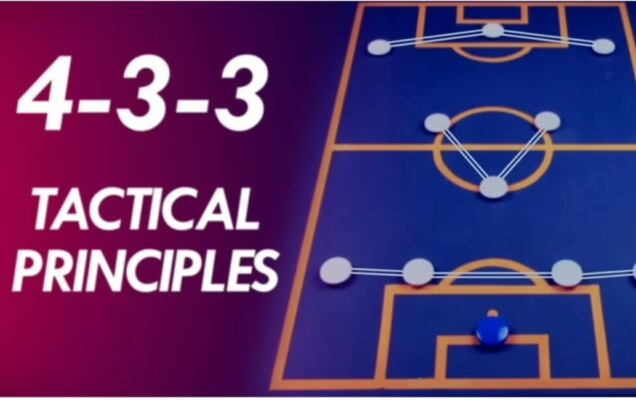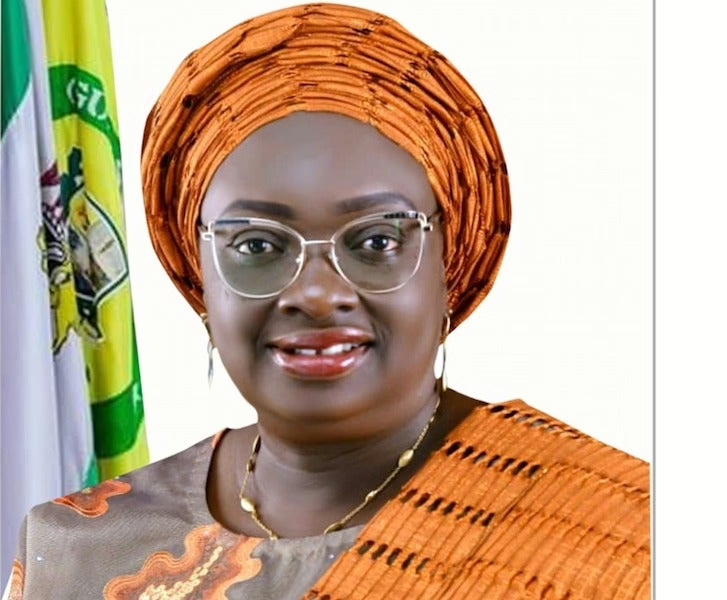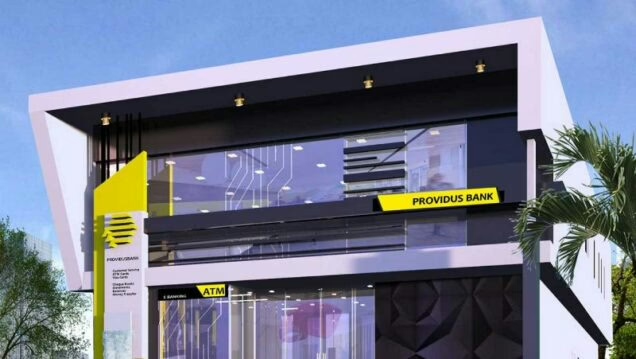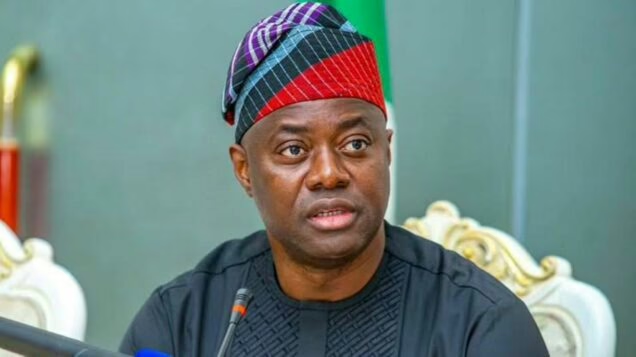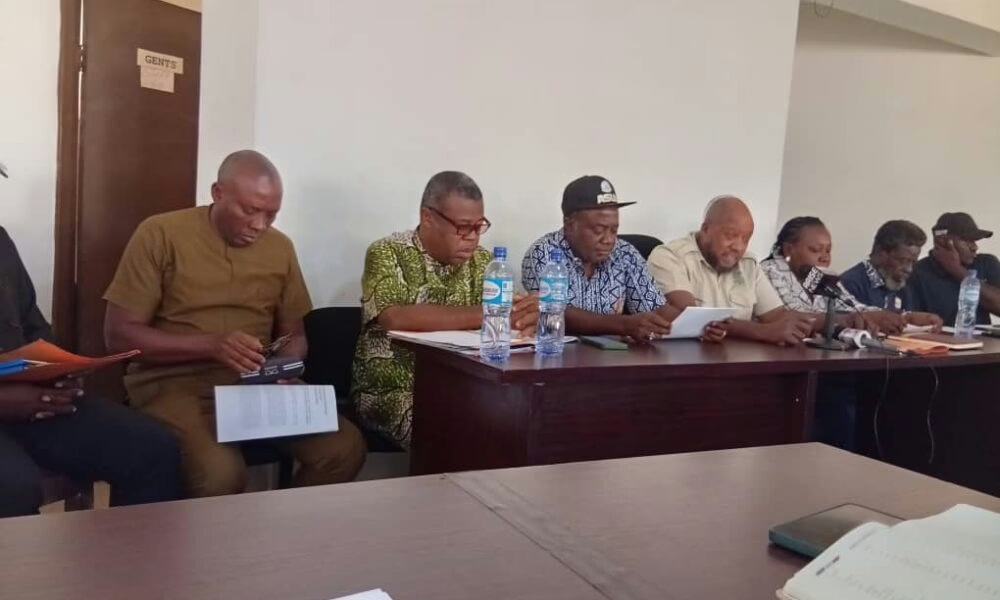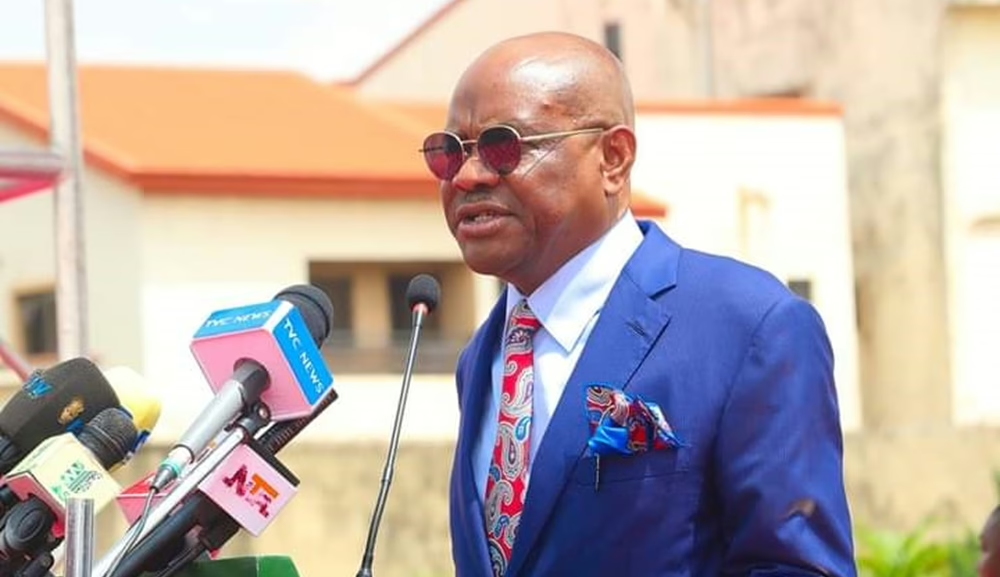The House of Representatives, amidst protest on Sunday, approved an amendment to the Central Bank of Nigeria Act, raising the ceiling of Ways and Means Advances from the apex bank from 5 to 15 per cent.
The House gave the approval at an emergency sitting, in concurrence with the Senate which held an emergency plenary earlier on Saturday to consider and approve some economic bills.
The National Assembly made the move amidst criticisms that the Federal Government had obtained WMAs beyond the 5 per cent threshold of the CBN.
According to Section 38 of the CBN Act, 2007, the apex bank may grant temporary advances to the Federal Government regarding temporary deficiency of budget revenue at such rate of interest as the bank may determine.
The continued lending to the Federal Government by the CBN despite not liquidating previous advances, according to the lawmakers, lawyers and economists, is unlawful as both the government and the apex bank have been in breach of Section 38(2), (3a) of the Act, while the current securitisation proposal will breach of Section 38(3b) of the law.
The World Bank had in November last year warned the Federal Government against financing deficits by borrowing from the CBN through the Ways and Means Advances, saying this was putting fiscal pressures on the country’s expenditures.
Even the CBN said on its website that the Federal Government’s borrowing from it through the Ways and Means Advances could have adverse effects on its monetary policy to the detriment of domestic prices and exchange rates.
“The direct consequence of central banks’ financing of deficits are distortions or surges in the monetary base leading to adverse effects on domestic prices and exchange rates i.e. macroeconomic instability because of excess liquidity that has been injected into the economy,” it said.
Nevertheless, the Senate had approved an upward review of the Ways and Means Advances accessible to the Federal Government from the CBN.
According to the lawmakers, it would enable the Federal Government to meet its immediate and future obligation in the approval of the ways and means by the National Assembly, and advances to the Federal Government by the CBN.
However, some members of the House criticised the process while others protested the unavailability of copies of the amendment bill to keep them abreast of the proposal for which they were summoned to the sitting.
As the House dissolved into Committee of the Whole to consider the report on the bill, with the Deputy Speaker, Ahmed Wase, as the chairman, Chairman of the Committee on Water Resources, Sada Soli, raised some questions over the exercise.
Soli said, “Mr Chairman, does it mean with this amendment, the CBN somehow gives advances to the government at 15 per cent or is it a wake-up call at the twilight – at the end – of this government we are changing this from five per cent to 15 per cent?
“Can the Chairman, (House Committee on) Banking and Currency kindly exchange this explanation not only to the National Assembly but also to Nigerians? Does it mean the CBN granted these advances at 15 per cent or what is going on? This is what we don’t know, Mr Chairman.
“I’m a member of the Committee on Banking and Currency; I didn’t know when these discussions took place. I can stand on privilege – Order 6 – to call for an explanation as a member of this committee (on) how we reached this amendment.”
Responding, Wase urged the lawmakers to allow the amendment bill to pass, saying, “Hon. Sada, the explanation I may attempt to give if I listened to you very carefully is this: the chair (presiding officer) has the right to commit, after second reading, any bill to the Committee of the Whole. It is there, contained in our Standing Orders. It depends on the importance and the exigency of the moment.
“And in light of this, I want to beg our colleagues to please consider this amendment and we pass it so that we have the right thing done.”
Apart from Soli, other members, including Sergius Ogun and Mark Gbillah screamed “point of order” to register their complaints but were not allowed to speak by the Deputy Speaker.
From his seat, Ogun who did not have a copy of the CBN bill said, “Why did I come here? I don’t have anything to look at.”
Ogun later approached Wase at his seat to register a protest. He was given a copy after it had been passed.
The House also on Sunday passed a legislation titled ‘A Bill for an Act to Amend the Supplementary Appropriation Act to extend the Implementation year of the Capital Aspect from 30 June, 2023 to 31 December, 2023 and for Related Matters.’
Another legislation passed was, ‘A Bill for an Act to Repeal the Produce (Enforcement of Export Standards) Act, Cap. P32 Laws of the Federation of Nigeria, 2004 and Enact the Federal Produce Inspection Service (Enforcement of Export Standards) (Establishment) Bill, 2023 to Provide for the Inspection and Enforcement of Grades and Quality Standards of Produce and Commodities intended for Export from Nigeria at Ports of Shipment; and for Related Matters.’
Meanwhile, the House suspended consideration of a bill to amend the Revenue Mobilization, Allocation and Fiscal Commission Act.
The legislation was titled ‘A Bill for an Act to Repeal the Revenue Mobilization, Allocation and Fiscal Commission Act, Cap. R7 Laws of the Federation of Nigeria, 2004 and Enact the Revenue Mobilization, Allocation and Fiscal Commission Bill to Grant the Commission Enforcement Powers in the Monitoring of Accruals to and Disbursement of Revenue from the Federation Account and to bring the Act in conformity with the provisions of the 1999 Constitution (as amended) and for Related Matters.’
Concurrence with the Senate by the House was a prerequisite for a legislation to be assented to by the President.
The House, after passing the upward review of the WMA ceiling, suspended its relevant rules to approve the Votes and Proceedings for the visiting, a process that usually takes place at the next adjourned date.
Acceleration of the process indicated that the outgoing President, Major General Muhammadu Buhari (retd.), may sign the bills into law before handing over power to the President-elect, Bola Tinubu, on Monday.
reports that while the Senate sits on Tuesday and Wednesday, the House sits up to Thursday.


